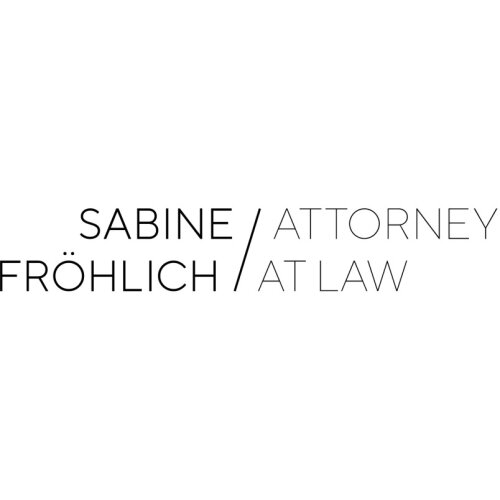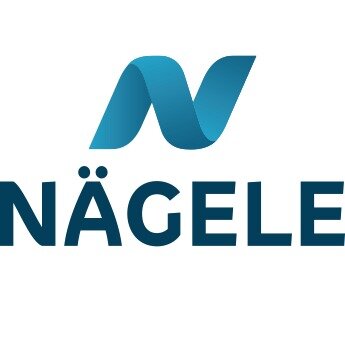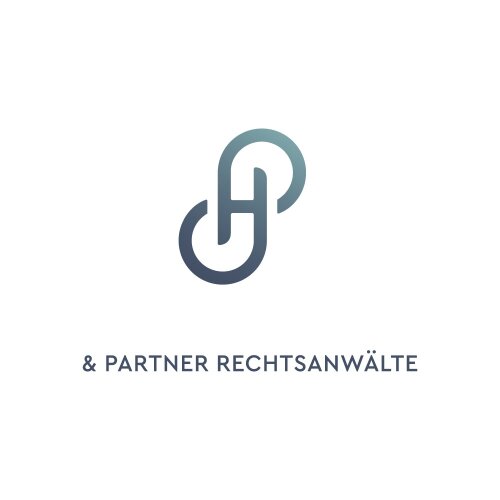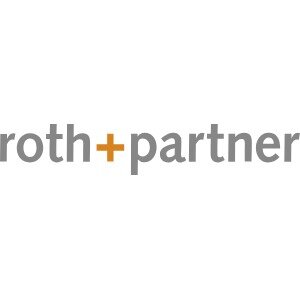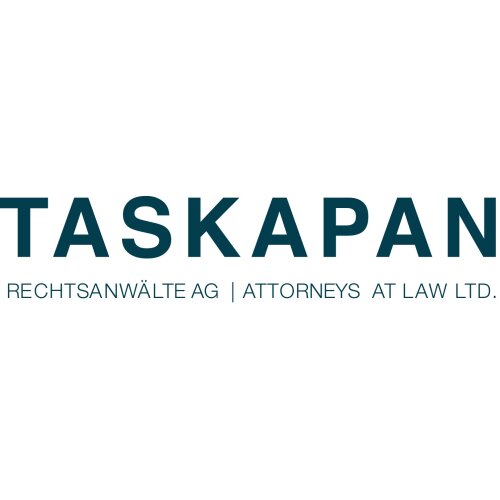Best Renewable & Alternative Energy Lawyers in Liechtenstein
Share your needs with us, get contacted by law firms.
Free. Takes 2 min.
Or refine your search by selecting a city:
List of the best lawyers in Liechtenstein
About Renewable & Alternative Energy Law in Liechtenstein
Liechtenstein, as a small Alpine country, is actively supporting the transition to renewable and alternative energy sources. Its legal framework reflects its commitments to climate change mitigation, sustainability, and energy independence. The government prioritizes policies to promote solar energy, hydropower, energy efficiency, and innovation in clean technologies. As a member of the European Economic Area (EEA), Liechtenstein also implements relevant EU regulations and directives on renewable energy and environmental protection. This makes the legal landscape both dynamic and compliant with broader European policies.
Why You May Need a Lawyer
Navigating the renewable and alternative energy sector in Liechtenstein involves complex legal and regulatory requirements. People and businesses may need legal support in circumstances such as:
- Obtaining permits for building solar panels, wind turbines, or hydropower installations
- Negotiating energy supply contracts and grid access agreements
- Understanding incentive schemes and subsidies for renewable energy projects
- Resolving disputes over property rights or environmental concerns related to energy projects
- Complying with local and EEA-wide environmental laws and reporting obligations
- Intellectual property, financing, or partnership agreements involving new energy technologies
Because of the technical nature of the regulations and the potential financial and legal risks, consulting a lawyer experienced in this field can help protect your interests and ensure compliance.
Local Laws Overview
Liechtenstein’s legal system incorporates several statutes and regulations specific to renewable and alternative energy. Key aspects include:
- Renewable Energy Incentives: Subsidies, feed-in tariffs, and grants support investment in technologies like photovoltaic (solar), small hydropower, and biomass.
- Permitting Process: Construction and operation of energy facilities require planning permission, environmental impact assessments, and adherence to land use regulations.
- Grid Access: Legal provisions ensure non-discriminatory access to the electricity grid for renewable energy producers, in line with the EEA Electricity Market Directive.
- Environmental Protection: Projects must comply with environmental protection acts, including rules on emissions, landscape preservation, and biodiversity.
- EU and EEA Directives: Liechtenstein applies EU regulations on energy efficiency, emissions reduction, and renewable energy quotas due to its EEA membership.
- Consumer Rights and Contract Law: Contracts for energy supply and installation services are subject to consumer protection and civil law requirements.
Keeping up with changing regulations and incentive programs can be challenging, making professional legal advice essential for compliance and strategic planning.
Frequently Asked Questions
What types of renewable energy are most common in Liechtenstein?
Solar energy, small-scale hydropower, and biomass are the most widely used renewable energy sources in Liechtenstein, supported by incentives and legal measures.
What permits do I need to install solar panels?
You typically need building permission from the local municipality and may have to comply with certain environmental and planning standards. A lawyer can clarify the exact requirements for your project.
Are there government subsidies or incentives for renewable energy projects?
Yes, the government offers financial incentives such as feed-in tariffs and grants for renewable energy installations. Eligibility and conditions can change, so legal advice ensures you meet all criteria.
Do I have to sell excess electricity generated by my renewable installation to the grid?
You may be allowed to feed excess electricity into the grid under specific legal frameworks and agreements with the local grid operator.
How do environmental laws impact renewable projects?
Projects must undergo environmental impact assessments and comply with national laws meant to protect nature, landscapes, and biodiversity. Non-compliance can lead to fines or halting of the project.
Can businesses and private individuals both participate in renewable energy projects?
Yes, both businesses and private individuals are encouraged to install renewable energy systems and participate in incentive programs.
What are the penalties for non-compliance with renewable energy regulations?
Penalties can include fines, denial of permits, or suspension of operations if you fail to comply with relevant laws and regulations.
Do EEA regulations apply to renewable energy projects in Liechtenstein?
Yes, as an EEA member, Liechtenstein implements certain EU directives and regulations relevant to renewable energy and energy markets.
How can disputes related to renewable energy investments be resolved?
Disputes can often be settled through negotiation, mediation, or, if necessary, litigation in local courts. Having legal representation is especially important in complex cases.
How do I stay updated on new laws and incentives?
Legal professionals, government bulletins, and industry associations are reliable sources for updates. Consulting a lawyer ensures you receive accurate information relevant to your specific situation.
Additional Resources
To learn more about renewable and alternative energy in Liechtenstein or to seek legal guidance, you can consult the following resources:
- Liechtenstein Office of Energy (Amt für Volkswirtschaft - Bereich Energie): The government body responsible for energy policy, incentives, and regulation
- Liechtenstein Chamber of Commerce and Industry (Industrie- und Handelskammer Liechtenstein): Offers information for businesses interested in renewable energy
- Local Municipal Authorities: Provide information about building permits and local planning regulations
- Environmental Protection Office (Amt für Umwelt): For guidance on environmental assessments and compliance
- Professional legal associations or directories: For finding specialized renewable energy lawyers in Liechtenstein
Next Steps
If you need legal assistance with a renewable or alternative energy matter in Liechtenstein, consider the following actions:
- Gather all relevant documents, such as project plans, permits, contracts, and correspondence with authorities.
- Identify your main legal questions or concerns.
- Contact a lawyer specializing in energy law or environmental law in Liechtenstein.
- Schedule a consultation to get advice tailored to your specific needs and goals.
- Keep abreast of local policy changes by following official agencies and consulting with professionals regularly.
A knowledgeable lawyer can not only help you comply with legal requirements but also maximize the benefits of available incentives and avoid potential pitfalls as the renewable energy sector in Liechtenstein continues to grow.
Lawzana helps you find the best lawyers and law firms in Liechtenstein through a curated and pre-screened list of qualified legal professionals. Our platform offers rankings and detailed profiles of attorneys and law firms, allowing you to compare based on practice areas, including Renewable & Alternative Energy, experience, and client feedback.
Each profile includes a description of the firm's areas of practice, client reviews, team members and partners, year of establishment, spoken languages, office locations, contact information, social media presence, and any published articles or resources. Most firms on our platform speak English and are experienced in both local and international legal matters.
Get a quote from top-rated law firms in Liechtenstein — quickly, securely, and without unnecessary hassle.
Disclaimer:
The information provided on this page is for general informational purposes only and does not constitute legal advice. While we strive to ensure the accuracy and relevance of the content, legal information may change over time, and interpretations of the law can vary. You should always consult with a qualified legal professional for advice specific to your situation.
We disclaim all liability for actions taken or not taken based on the content of this page. If you believe any information is incorrect or outdated, please contact us, and we will review and update it where appropriate.
Browse renewable & alternative energy law firms by city in Liechtenstein
Refine your search by selecting a city.



